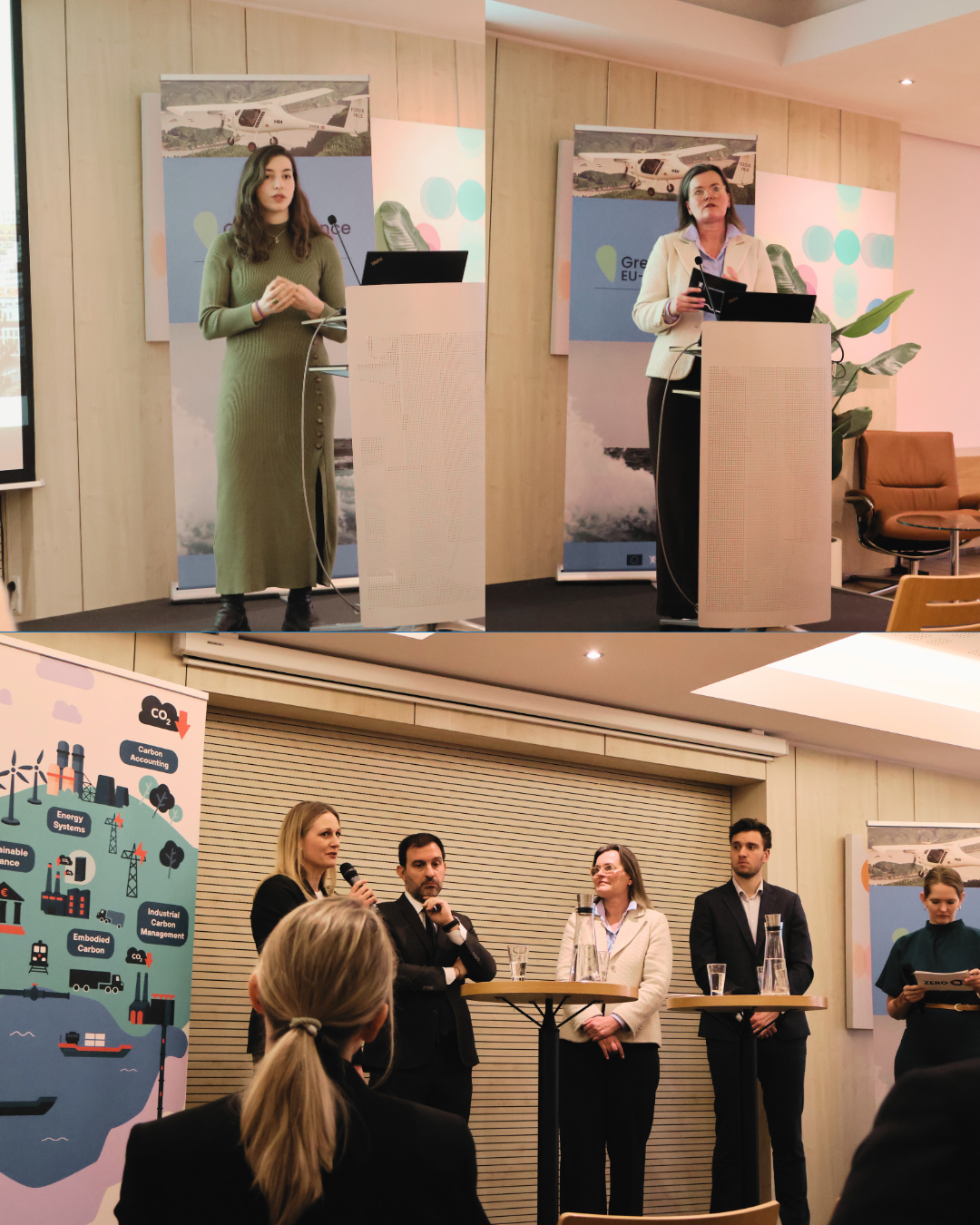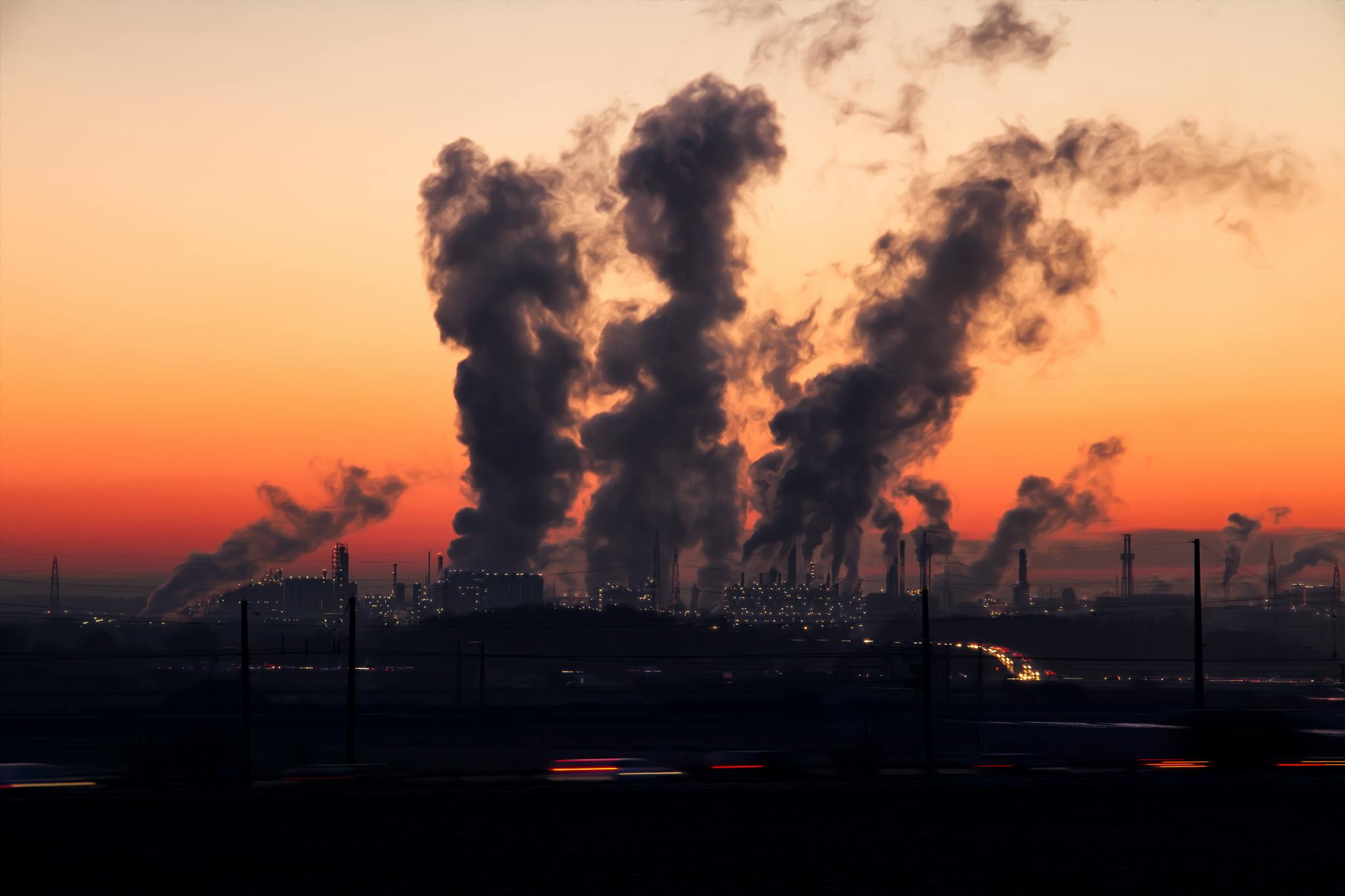
Joint letter – ICC reform and expansion risks diverting ETS Revenues from real climate action
In light of the European Commission’s ongoing considerations to amend the ETS State Aid Guidelines, revising the rules for Indirec...
News
After several failed attempts at achieving agreement on collective global action to tackle the growing threat of climate change, the 2015 Paris Climate Agreement finally saw almost 200 countries commit themselves to limit the warming of the global surface temperatures to 2°Celsius compared to pre-industrial times.
Hailed as the starting shot to overcome continuous climate inaction, in truth, the Paris agreement is likely the final shot to do so. Yet the hoped-for increased action following the Paris agreement has so far failed to materialise. Global emissions continue to increase and at current rates the carbon budget to keep warming at 2°C will be exhausted by 2036[i]. The current action and promised national contributions (NDC) accumulate to a world of 3-4°C warming rather than ‘wellbelow 2°C’. The difference between the two worlds is between the possible loss of tropical reefs and the loss of entire coastal cities and island states; ranging from increasing likelihood of severe weather events and permanent droughts in Europe, forests in the Arctic and large parts of China, India and the American Southwest turning into inhospitable deserts. Not to mention the deteriorating societal implications caused by famine, vast streams of climate refugees and wars over water and resources, as well as runaway global warming ever intensifying the outlined effects[ii][iii][iv].
As the need for action is growing, our time to act is shrinking. To achieve the Paris goals and not slip into an ever-increasing warming of the planet, every aspect of human life needs to effectively cease emitting as soon as possible. Already, every additional tonne of released into the atmosphere may need to be removed in the future in order to prevent the worst climate change implications from becoming reality. Yet – as a rule of nature – it is much easier and cheaper to prevent emissions at a concentrated source point than to filter it out of the atmosphere. As such, the priority should be to stop emitting in the first place as opposed to capturing difuse from the atmosphere. As every sector of the economy has an obligation to deeply decarbonise, each needs to have the effective solutions available to do so.
“Despite every action taken, the billions of dollars invested in research, the nonbinding treaties, the investments in renewable energy, the only number that counts, the total quantity of global greenhouse gas emitted per year, has continued its inexorable rise”[v].
To follow the live carbon countdown clock and know how much of the world’s carbon budget we have spent and how much there is left over, click here.
Read more about the industry’s potential in our report “An Industry’s Guide to Climate Action”
[i]Netherlands Environmental Assessment Agency, “Trends in global CO2 and total greenhouse gas emissions: 2017 report,” 2017.
[ii] N. K. J. W. Josh Holder, “The three-degree world: the cities that will be drowned by global warming,” The Guardian, 2017. [Online]. Available: https://www.theguardian.com/cities/ng-interactive/2017/ nov/03/three-degree-world-cities-drowned-global-warming.
[iii] NASA, “How climate is changing,” 2018. [Online]. Available: https://climate.nasa.gov/effects/.
[iv] The National Academies, “Warming World. Impacts by degree,” The National Academy of Sciences, 2011.
[v]N. Rich, “Losing Earth: The Decade We Almost Stopped Climate Change,” 2018. [Online]. Available: https://www.nytimes.com/interactive/2018/08/01/magazine/climate-change-losing-earth.html.

In light of the European Commission’s ongoing considerations to amend the ETS State Aid Guidelines, revising the rules for Indirec...

On 24 February 2025, Bellona Europa co-hosted a breakfast seminar at Norway House in Brussels alongside ZERO and the Mission of Norway to the EU, bringing together policymakers, manufacturers, and procurement practitioners around a single conviction: European cities hold a decisive and largely untapped lever for decarbonising construction. With the revision of the EU Public Procurement Directives on the horizon, the moment to use it is now.

Opening remarks and future of EU CRCF Market Christian Holzleitner, Head of Unit for Land Economy and Carbon Removals&nb...

Together with six NGOs and five industry partners, Bellona Europa signed a joint letter on the RFNBO Delegated Act, reiterating that now is not the t...

“The Commission shall monitor the situation at Union level with a view to monitoring the impact of the CBAM on the Union i...
Get our latest news